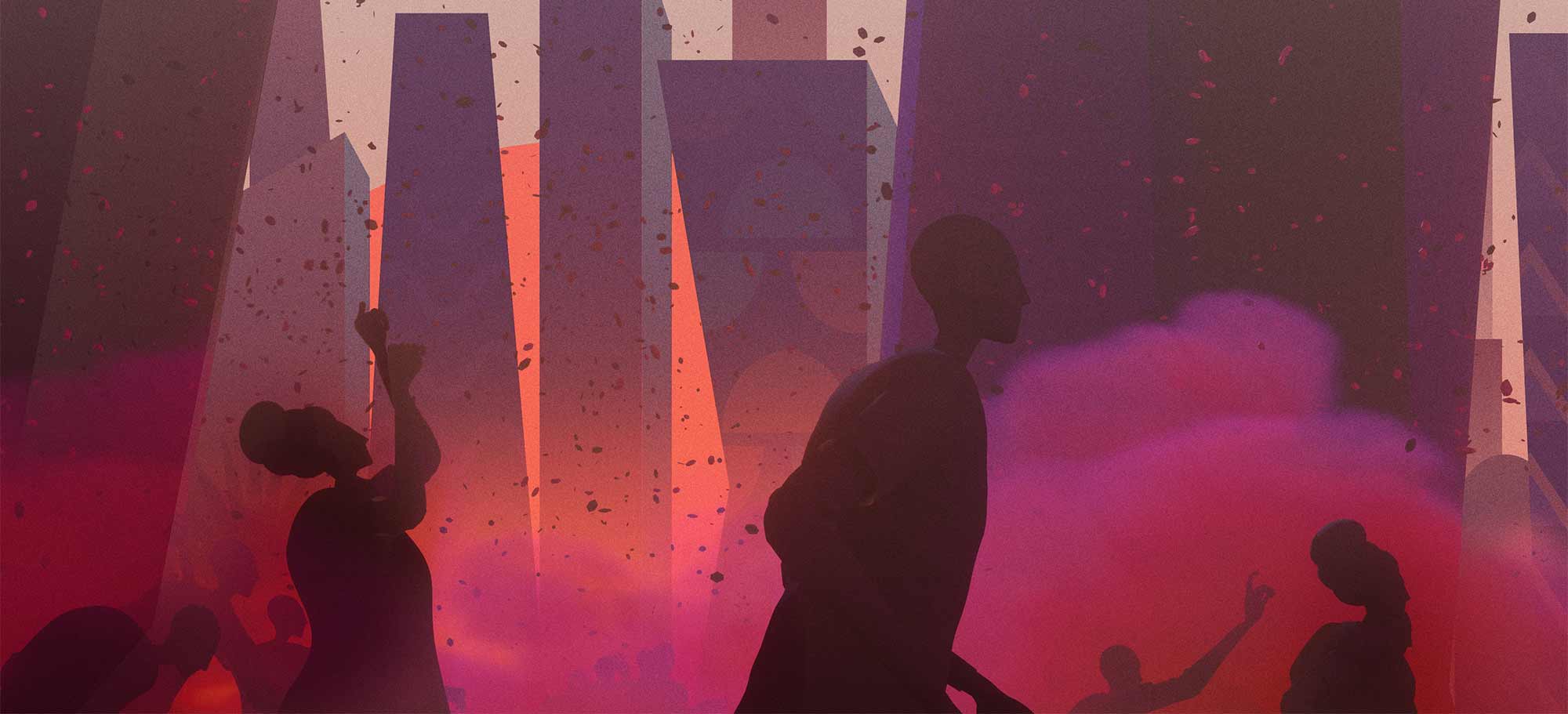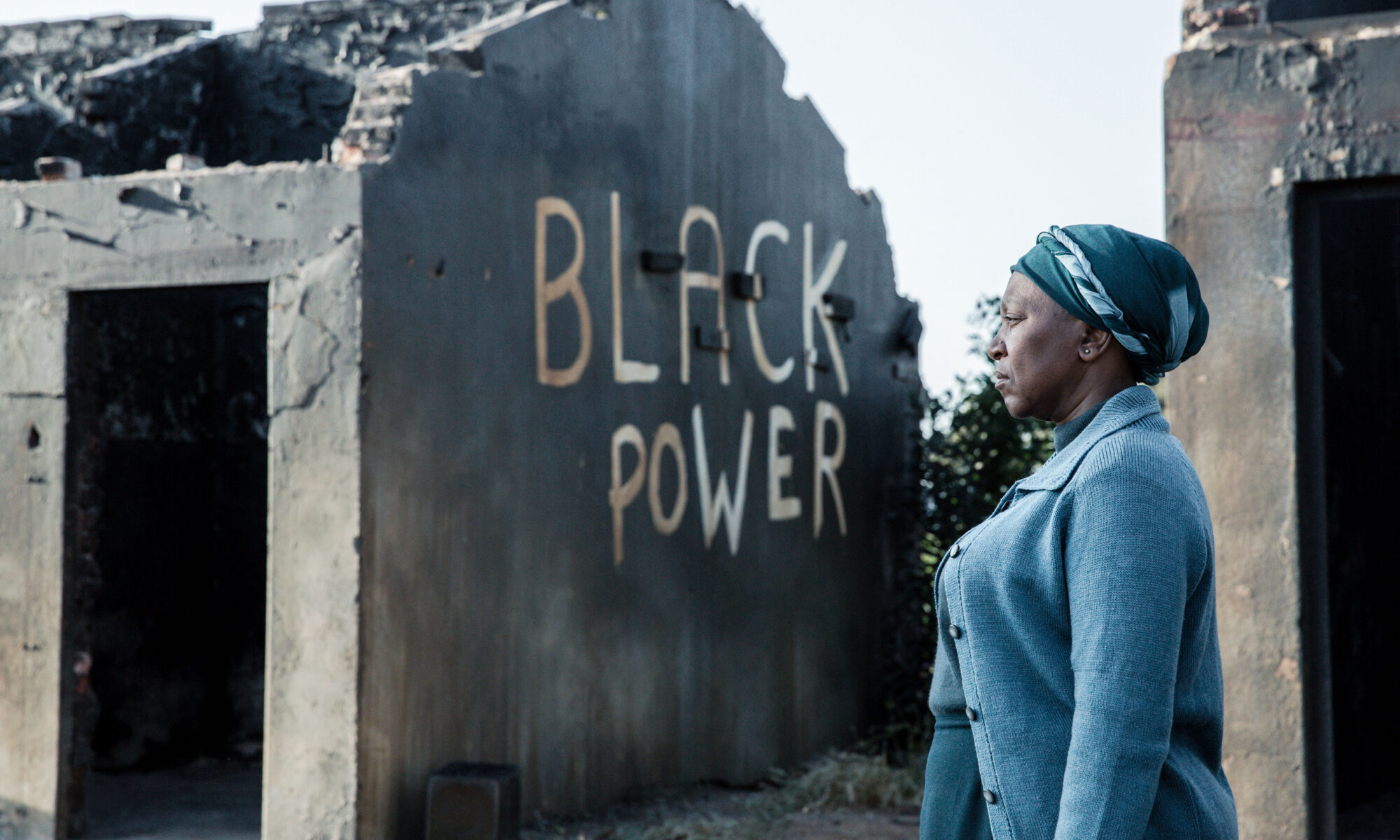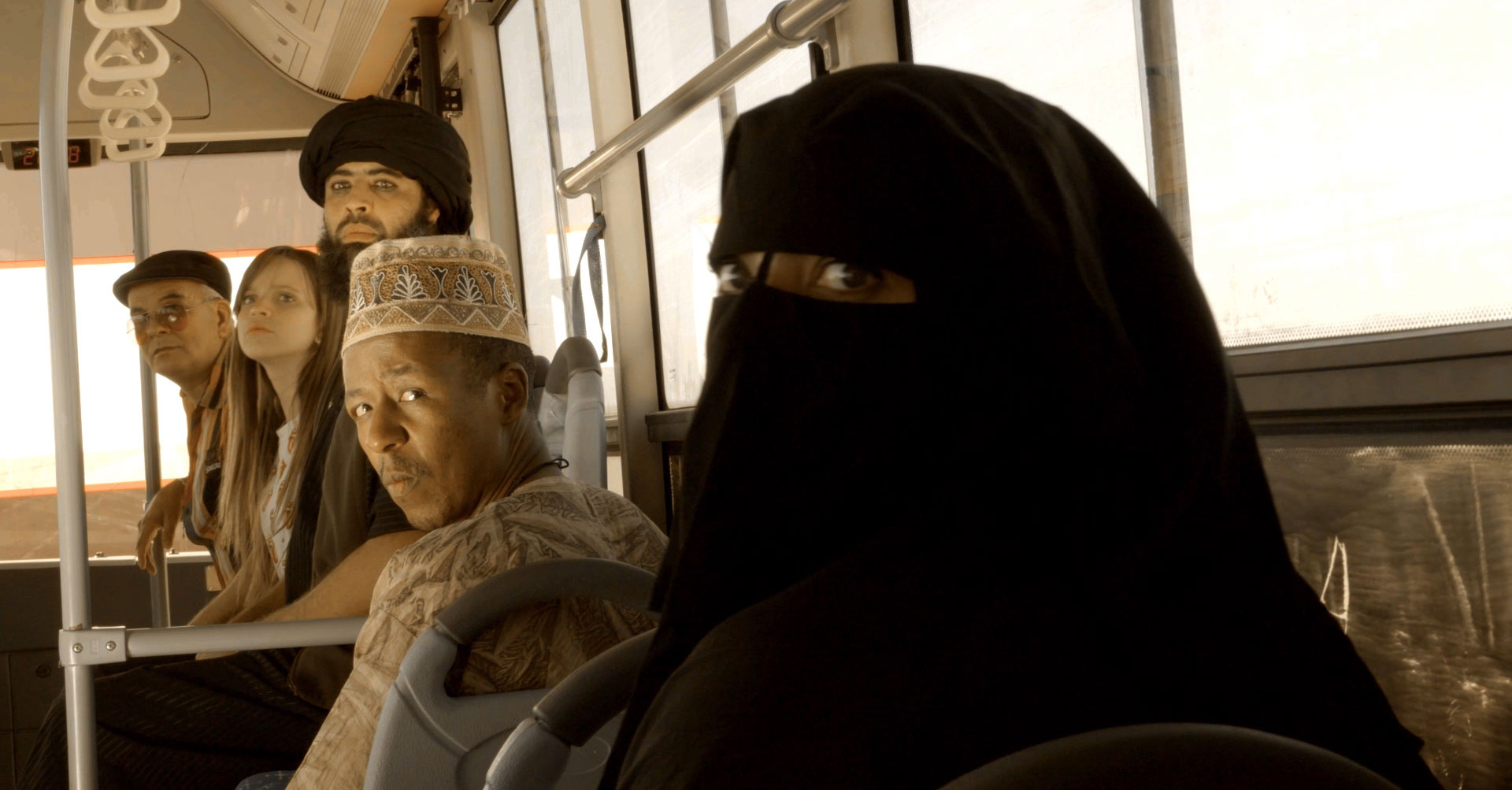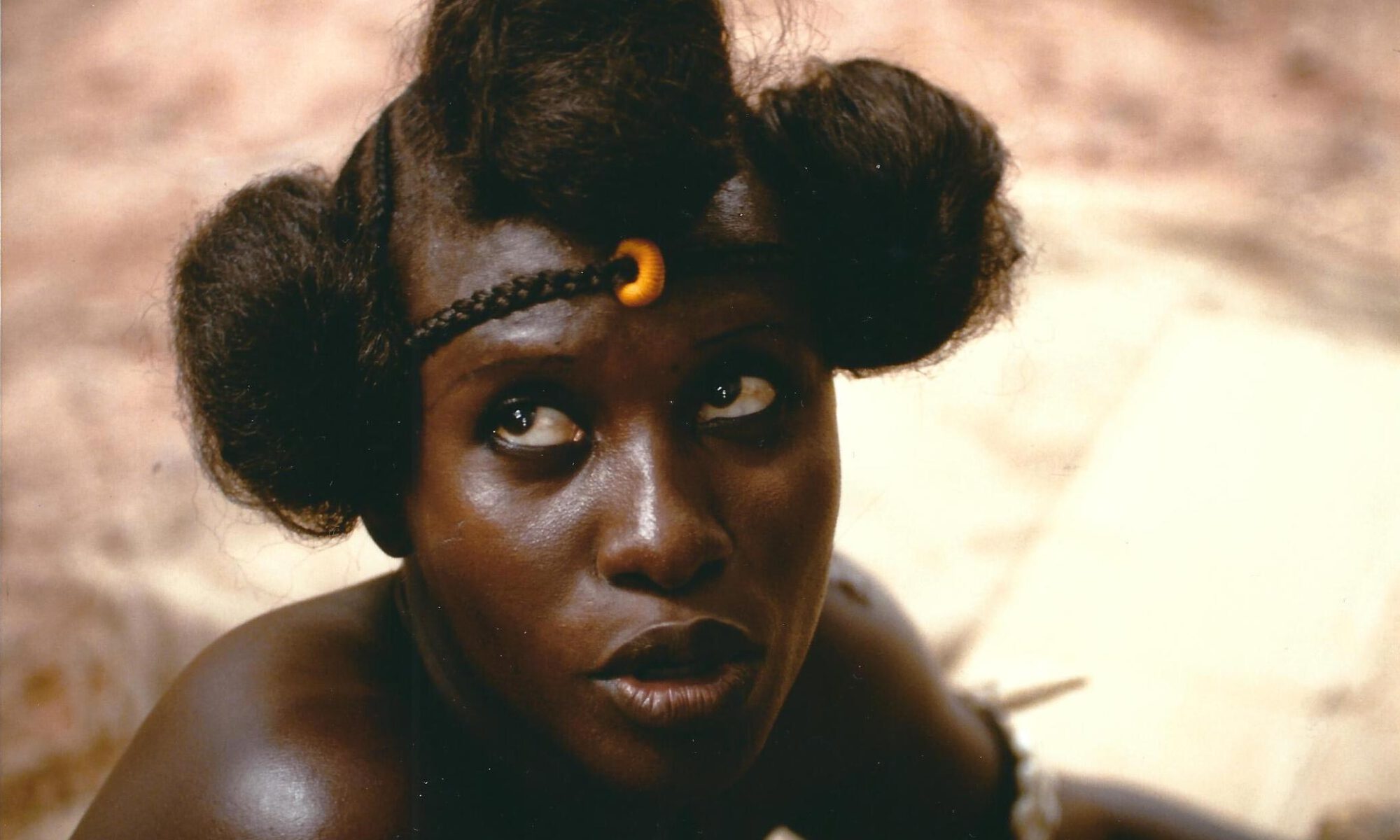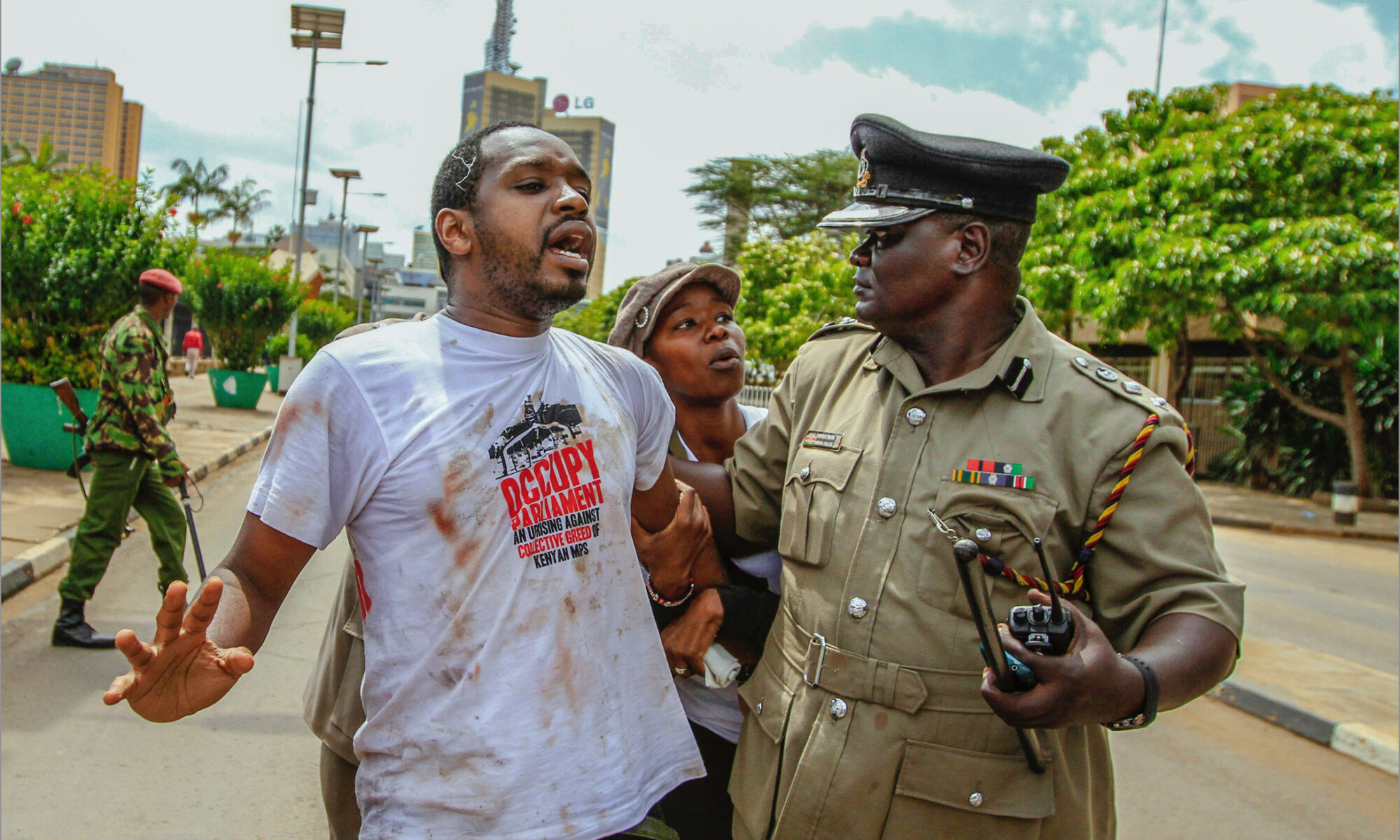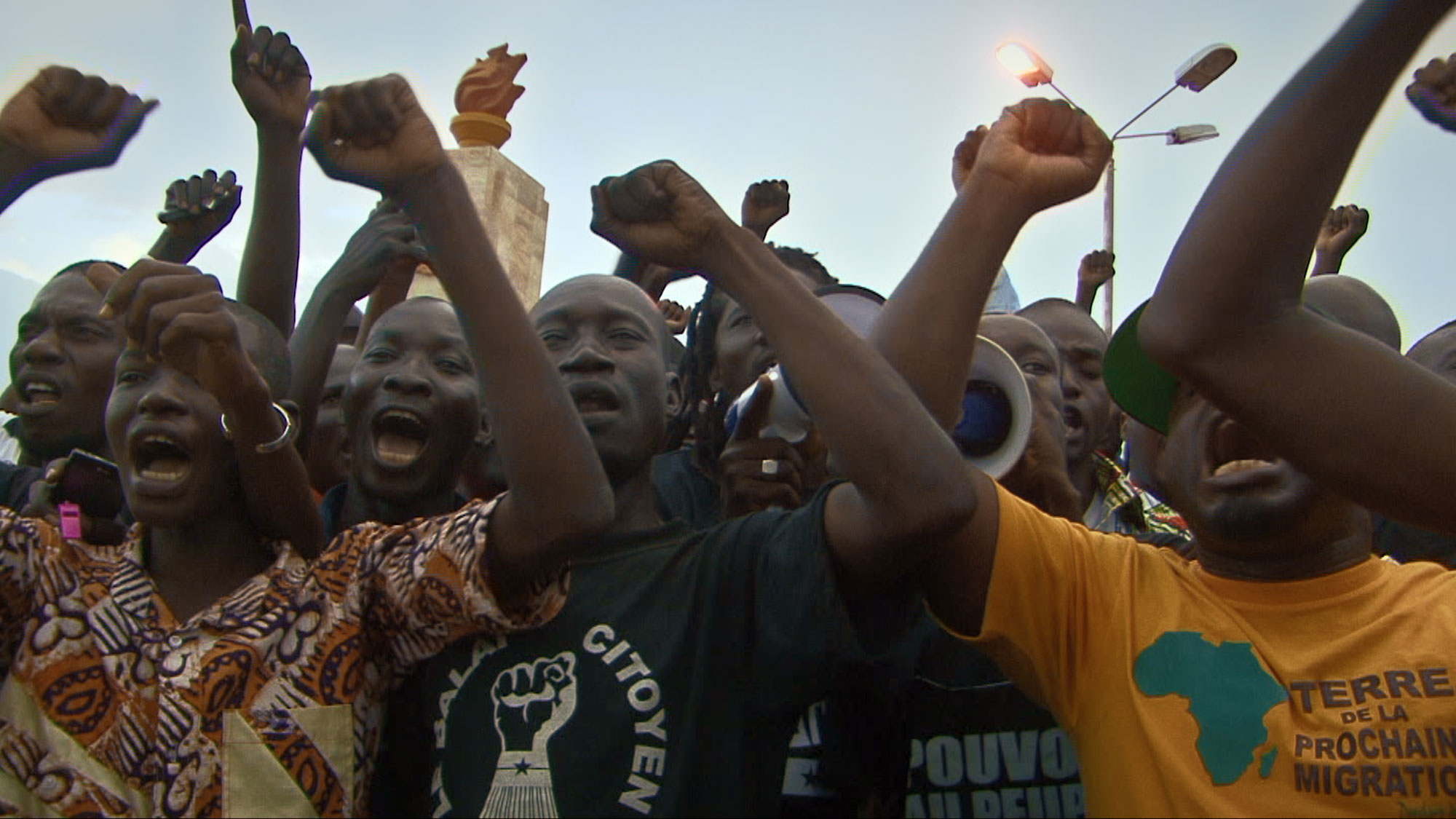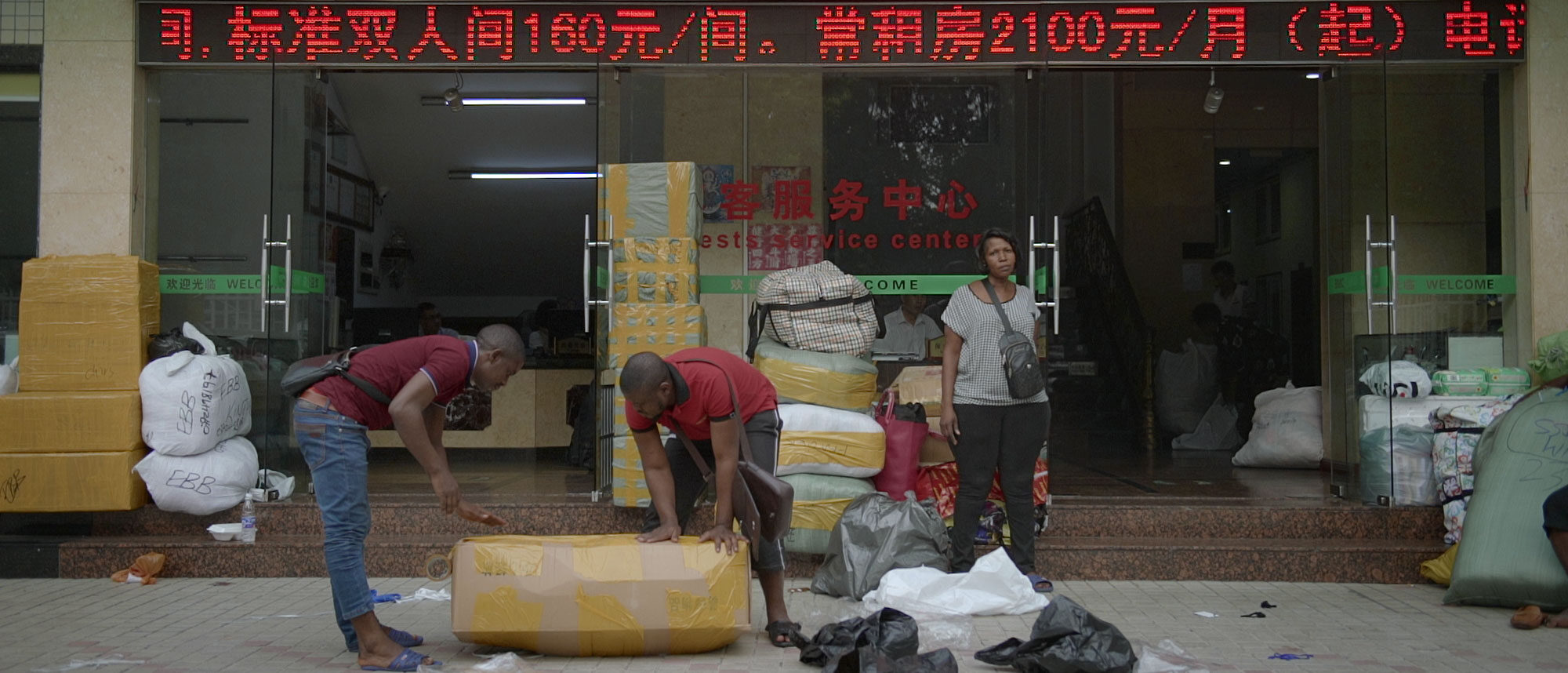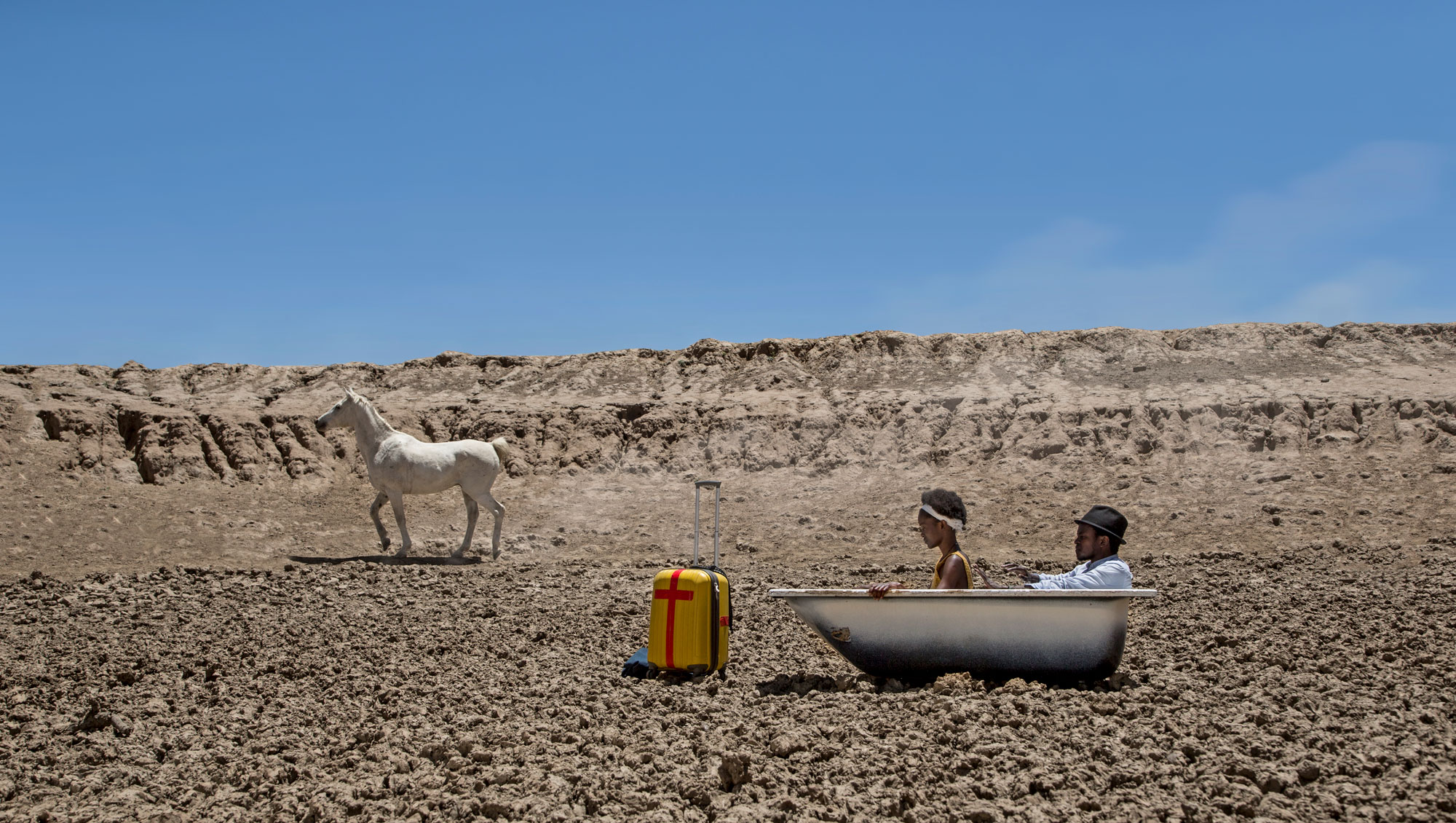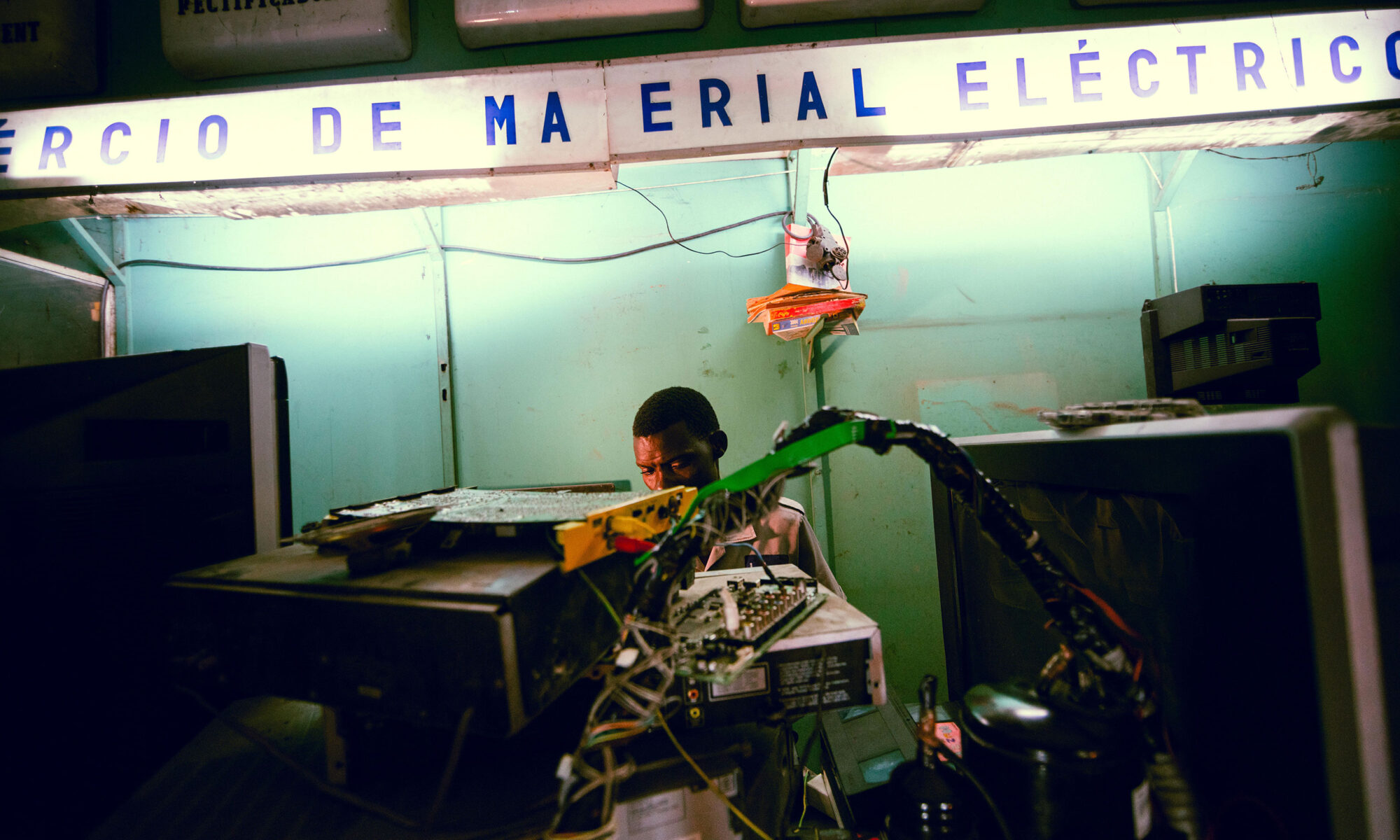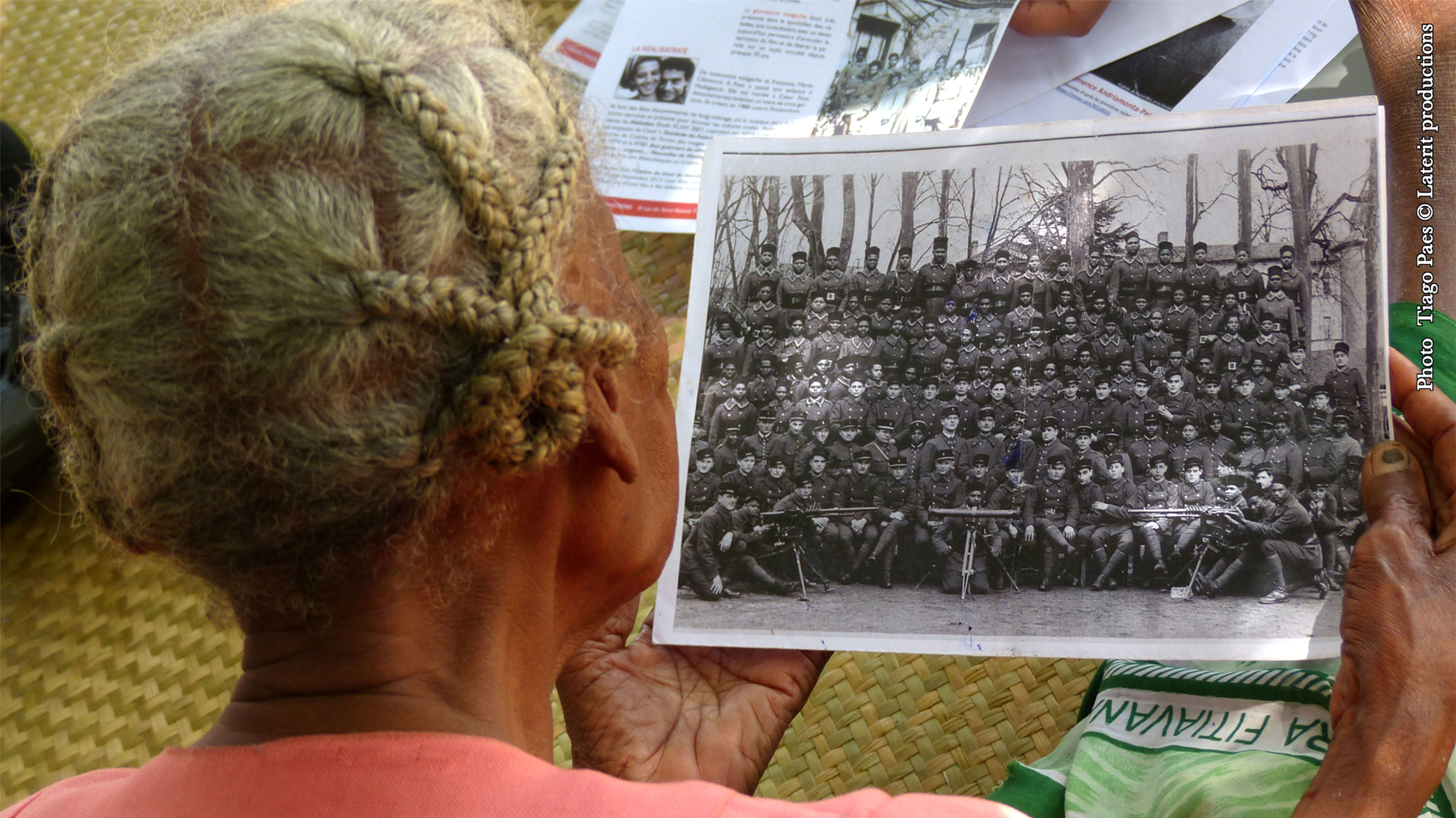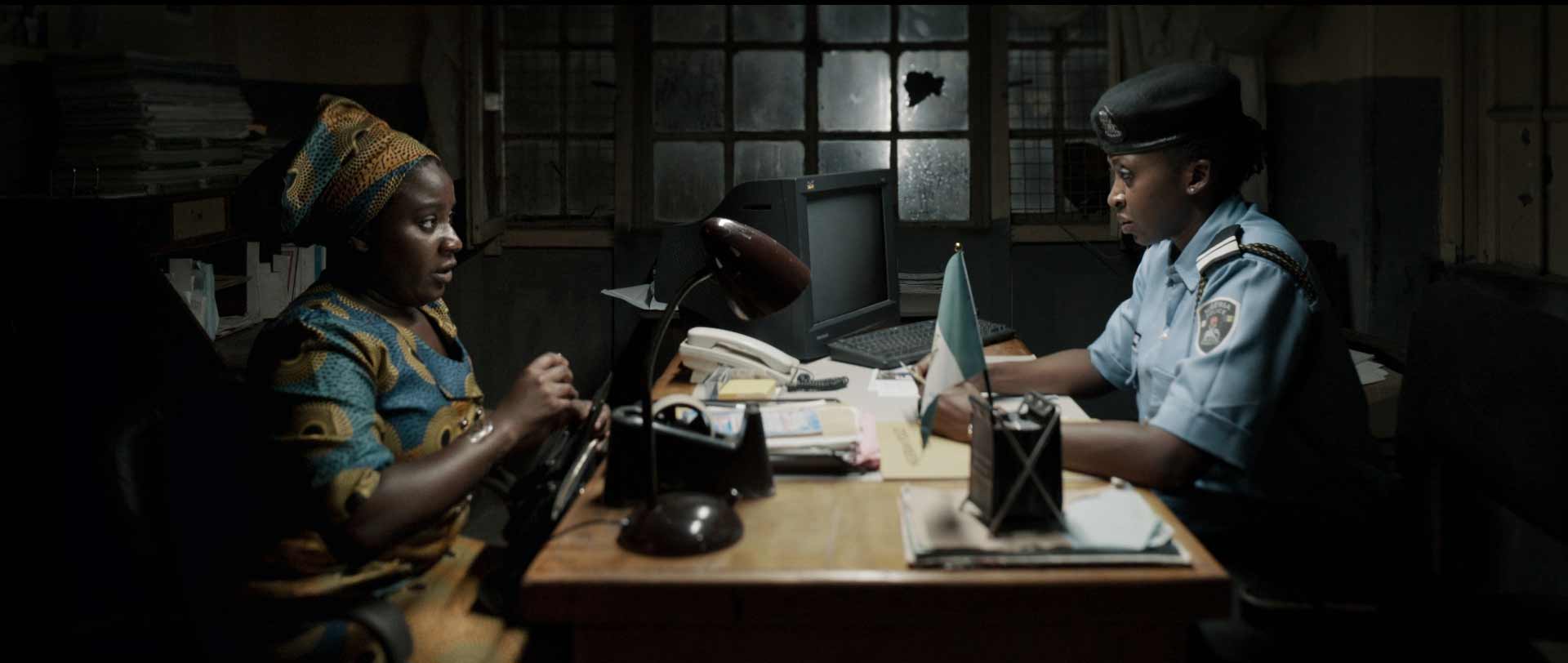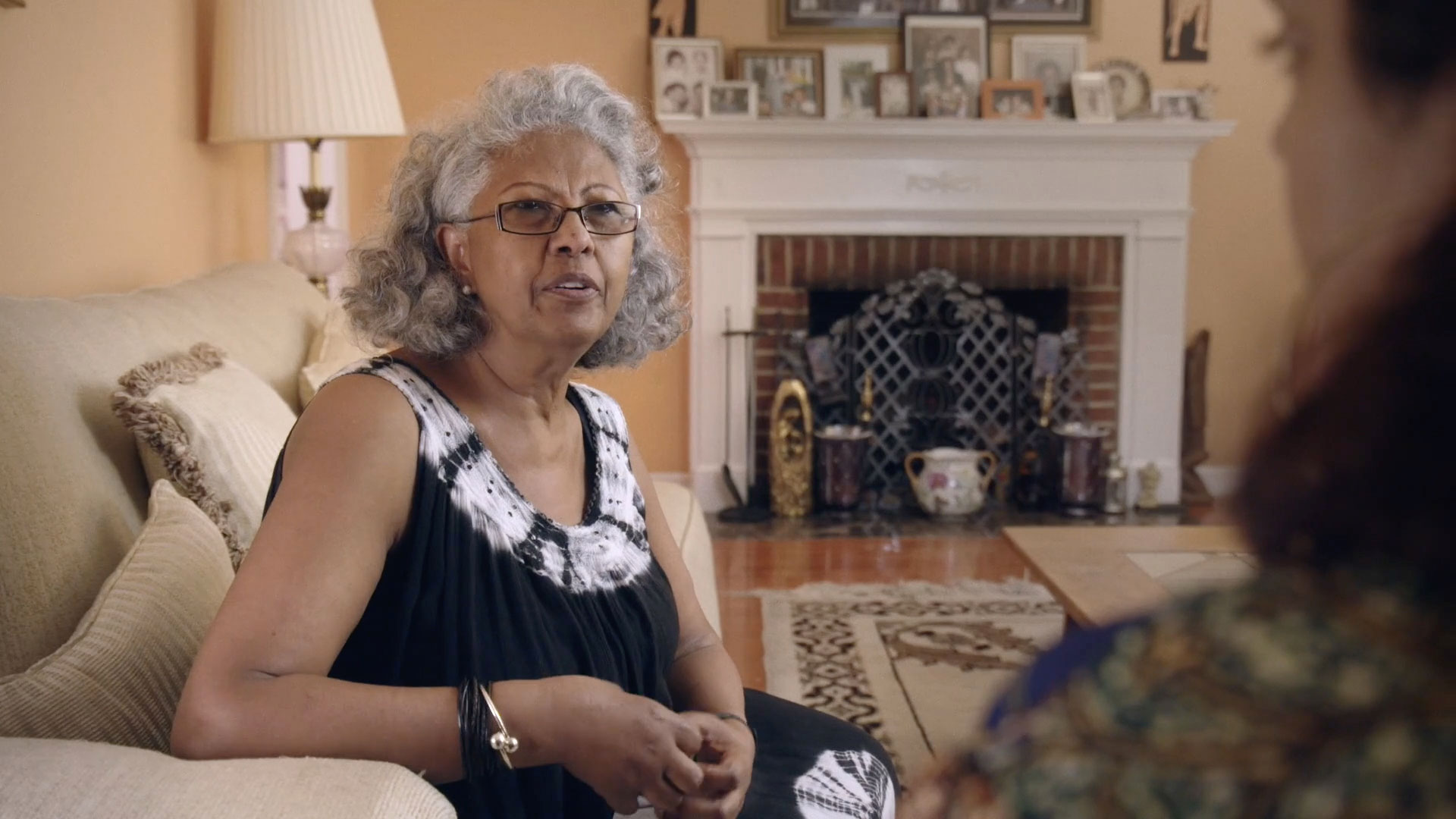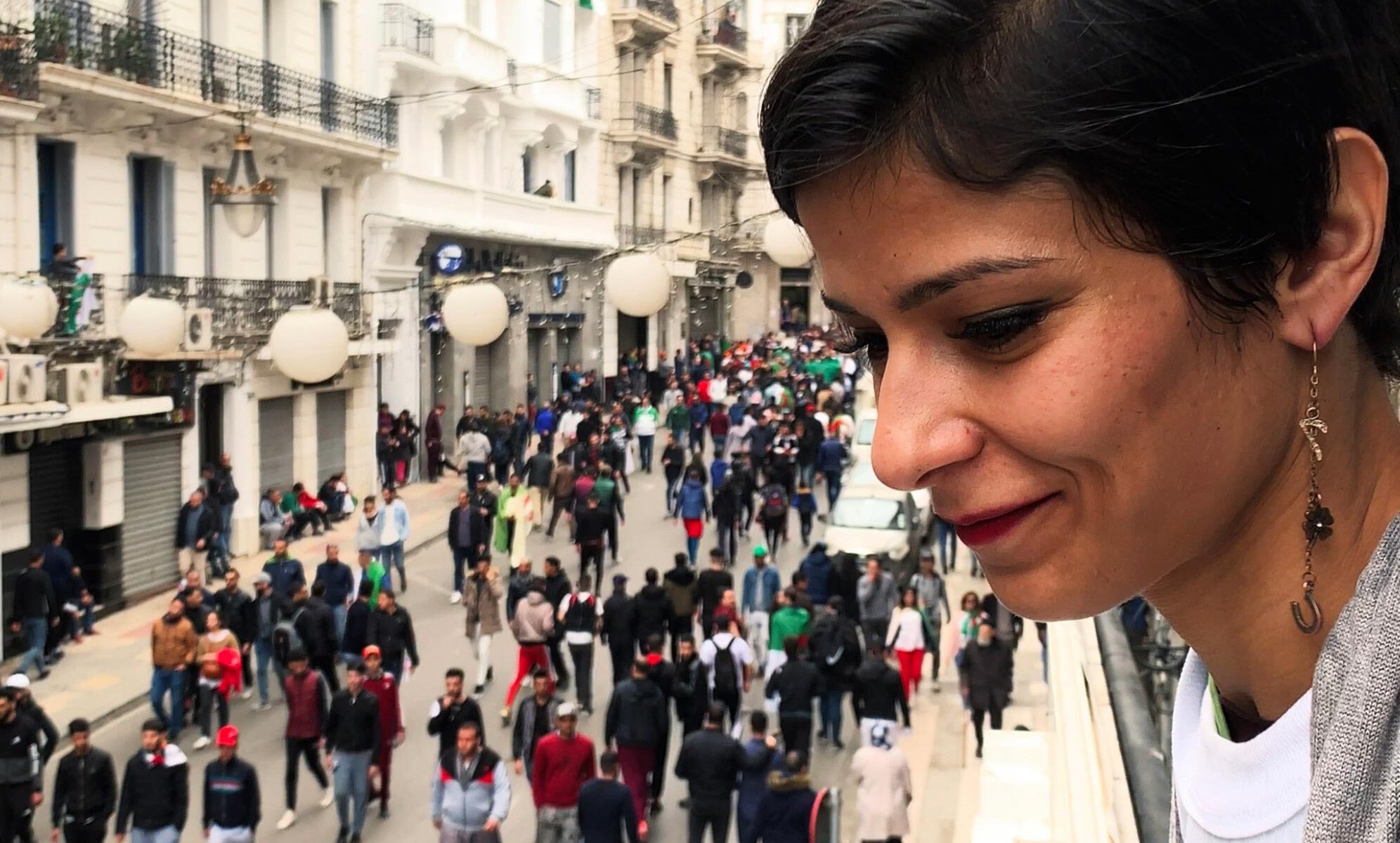[:de]
SA 21 NOV 15.00
Kurzfilmprogramm
Namibia / DR Kongo / Senegal / Frankreich / Demokratische Arabische Republik Sahara 2018-19 | OmE | 85 min
Das Programm REVOLUTIONARY SHORTS präsentiert eine Auswahl herausragender Kurzfilme zum diesjährigen Festivalschwerpunkt.
INVISIBLES (KAUNAPAWA)
Joel Haikali
Namibia 2019 | OV | 16 min
In INVISIBLES (KAUNAPAWA) von Joel Haikali macht sich ein Paar auf eine Reise durch das namibische Outback, um über sich selbst und seinen Platz in der Post-Apartheid-Gesellschaft zu reflektieren.
E’VILLE
Nelson Makengo
Demokratische Republik Kongo 2018 | OmE | 10 min
E’VILLE steht für Elisabethville, wie die kongolesische Metropole Lubumbashi bis 1966 von den belgischen Kolonialherren genannt wurde. Nelson Makengo nimmt die Zuschauer*innen mit auf eine introspektive Reise durch die verlassenen Ruinen einer Minenanlage der staatlichen Bergbaufirma Gécamines, begleitet von den Worten aus einem der letzten Briefe von Patrice Lumumba an seine Frau Pauline, den er kurz vor seiner Ermordung in E‘ville geschrieben hatte. Eine Reise in das kollektive Gedächtnis des Landes.
TABASKI
Laurence Attali
Senegal / Frankreich | 2019 I OmE | 26 min
Dakar. Wenige Tage vor Tabaski arbeitet ein Maler, in seinem Atelier eingeschlossen, am Thema des rituellen Opfers des Widders. Rote Farbe tropft von den Skizzen, die an Wäscheleinen hängen. Eine Inschrift an der Wand: „Tabaski, wer ist an der Reihe?“ Drei Charaktere und ein Schaf umkreisen ihn und verbinden ihn wieder mit der Realität.
HINWEIS: Dieser Film verbindet Fiktion, Kunst und Politik und ist frei inspiriert von dem Werk des Malers Iba Ndiaye (1928-2008) mit dem Titel „La Ronde de Tabaski, à qui le tour?“, welches er zwischen den 1960er und 1980er Jahren realisierte. Eine Art Allegorie, in der das Schaf als Symbol aller Opfer dargestellt wird. In der Tat dachte Iba Ndiaye nicht direkt an das Opfer von Schafen für Tabaski im Senegal, sondern an die Opfer von Kolonialisierung, Segregation und Apartheid. „Malen ist Erinnern“, sagte er.
TOUFA
Brahim Chagaf
Demokratische Arabische Republik Sahara 2019 | OmE I 30 min
Mitte der 70er-Jahre, als die spanischen Truppen die Westsahara verlassen, stehen die Saharauis am Scheideweg. Der eindrückliche Kurzfilm TOUFA von Brahim Chagaf reflektiert das Schicksal des Volkes, dem ein unabhängiger Nationalstaat bis heute verwehrt geblieben ist, aus drei unterschiedlichen Perspektiven.
JOURNÉE NOIRE
Yoro Mbaye
Senegal 2019 | OmE | 13 min
In JOURNÉE NOIRE, dem aktuellen Kurzfilm des senegalesischen Regisseurs Yoro Mbaye, schließt sich der 23-jährige Ngor, ein brillanter Jurastudent, seinen Kameraden an der Front an – und wird durch Polizeigeschosse getötet.[:en]
SAT 21 NOV 15.00
Short film program
DR Congo / Senegal / France / Sahrawi Arab Democratic Republic 2018-19 | Original version with subtitles | 85 min
The program REVOLUTIONARY SHORTS presents a selection of outstanding short films on this year’s festival focus.
Q & A Nelson Makengo (E’ville ) & Laurence Attali (Tabaski)
INVISIBLES (KAUNAPAWA)
Joel Haikali
Namibia 2019 | OV | 16 min
In INVISIBLES (KAUNAPAWA) by Joel Haikali, a couple embarks on a journey through the Namibian outback to reflect on themselves and their place in post-apartheid society.
E’ville
Nelson Makengo
Demokratische Republik Kongo 2018 | OmE | 10 min
E’VILLE stands for Elisabethville, as the Congolese metropolis Lubumbashi was called by the Belgian colonial masters until 1966. Nelson Makengo takes the audience* on an introspective journey through the abandoned ruins of a mine belonging to the state-owned mining company Gécamines, accompanied by the words from one of Patrice Lumumba’s last letters to his wife Pauline, which he had written shortly before his murder in E’ville. A journey into the collective
memory of the country.
TABASKI
Laurence Attali
Senegal / Frankreich | 2019 I OmE | 26 min
SYNOPSIS
Dakar, a few days before the feast of Tabaski, a painter is shut away in his studio, working on the theme of the ritual sacrifice of the ram. The red paint drips from the sketches hanging on clotheslines. An inscription on the wall: „Tabaski, who’s next?“. Three characters and a sheep revolve around him and reconnect him with reality.
DIRECTOR’S STATEMENT :
Blending fiction, art and politics, this movie is freely inspired by the major work of the painter Iba Ndiaye (1928-2008) „The Tabaski round, who’s next?“, painting between the 1960s and 1980s. A sort of allegory in which the sheep is presented as the symbol of all victims. Indeed, Iba Ndiaye was not thinking directly about the sacrifice of sheep for Tabaski in Senegal, but rather of the victims of colonization, segregation, and apartheid.
„Painting is remembering,“ he said.
TOUFA
Brahim Chagaf
Demokratische Arabische Republik Sahara 2019 | OmE I 30 min
In the mid-1970s, when Spanish troops left the Western Sahara, the Saharauis were at a crossroads. The impressive short film TOUFA by Brahim Chagaf reflects the fate of the people, who have been denied an independent nation state until today, from three different perspectives.
JOURNÉE NOIRE
Yoro Mbaye
Senegal 2019 | OmE | 13 min
In JOURNÉE NOIRE, the current short film by Senegalese director Yoro Mbaye, 23-year-old Ngor, a brilliant law student, joins his comrades at the front – and is killed by police bullets.[:]
